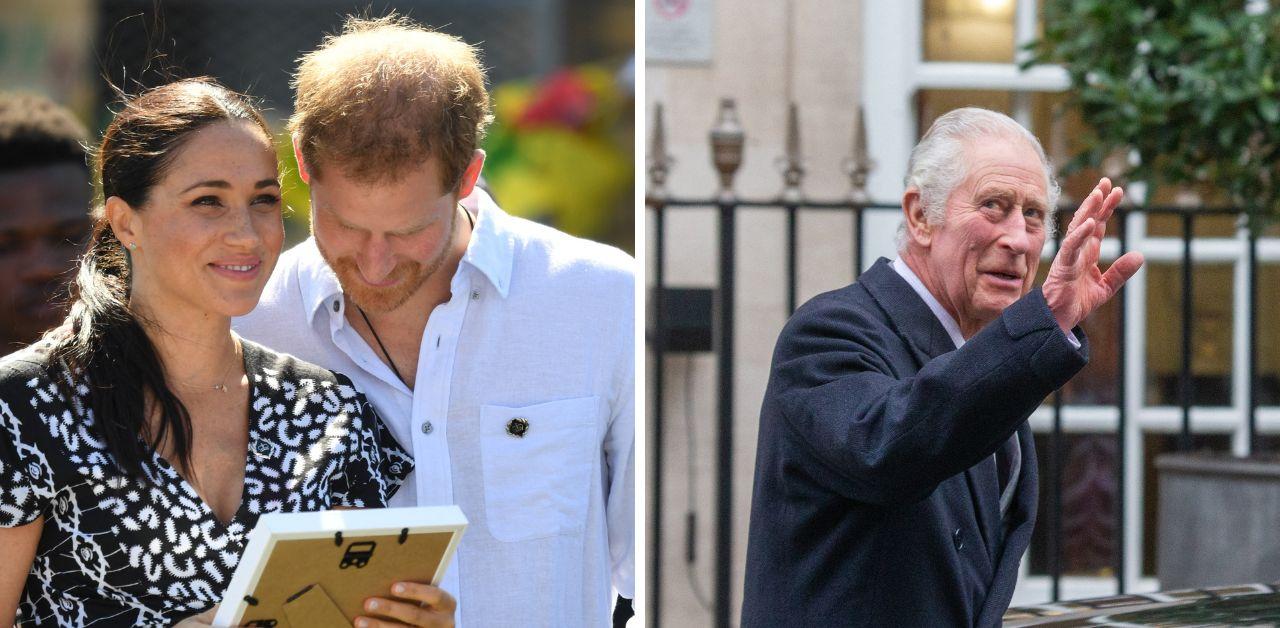In a recent episode of the animated series South Park, titled “The Prince Who Cried Wolf,” creators Trey Parker and Matt Stone have set their sights on Prince Harry, igniting laughter and debate among viewers.
The show has a reputation for its sharp satire, and this time it didn’t hold back, particularly regarding Harry’s acceptance of the Pat Tillman Award.
According to reports from Royal Saga, the episode labeled this honor as the “worst award of the year,” raising eyebrows and prompting discussions.
The plot of the episode dives into the award selection process, showcasing executives who seem completely out of touch with reality.
In a bid to boost viewership, they opt for a figurehead who can draw attention—enter Prince Harry.
The character is depicted as a royal desperately seeking relevance after a well-documented fallout with his family.
This portrayal is bound to stir controversy, especially among those who staunchly support Harry.
The Pat Tillman Award, which honors the brave sacrifice of Corporal Pat Tillman—a former NFL player who traded fame for duty—holds significant meaning for veterans and military families.
Tillman’s story is one of selflessness, making the contrast with Harry’s nomination all the more striking.
Critics are questioning how a prince, known for his complicated ties to the royal family and lucrative media ventures, fits into this narrative of valor.
South Park’s sharp humor seems to suggest that Harry is merely a celebrity exploiting his military background for personal gain.
This perspective resonates with those skeptical of Harry’s motives in accepting the award.
The episode also critiques the broader culture surrounding awards, often seen as self-congratulatory and favoring celebrity over true merit.
The narrative doesn’t just focus on Harry; it touches on larger themes of celebrity culture and public perception.
Through its comedic lens, South Park explores the intricate dynamics between fame and credibility, revealing how a household name can sometimes eclipse genuine contributions to society.
Meanwhile, discussions about Prince Harry’s public image reveal a complex backdrop.
There’s a noticeable rivalry brewing between him and his brother, Prince William, who has gained considerable popularity in the U.S.
This popularity is highlighted by viral moments, like a selfie with Taylor Swift, and endorsements from influential American figures.
Observers believe that William’s appeal lies in his royal status combined with a relatable demeanor.
In contrast, some argue that Harry’s outspoken nature and his critiques of the royal family have hurt his standing, especially in contexts where traditional royal decorum is revered.
Social media reactions to this situation depict a divided audience.
Supporters of the royals express frustration over what they perceive as biased media coverage that favors one brother over the other.
They criticize attempts to undermine Harry’s achievements or public statements, defending his choices and actions.
On the flip side, critics contend that Harry’s departure from royal duties and his media pursuits have altered public perception, often overshadowing his philanthropic efforts.
Ongoing controversies and public disputes are cited as evidence of a strained relationship with the royal establishment.
Related Stories

